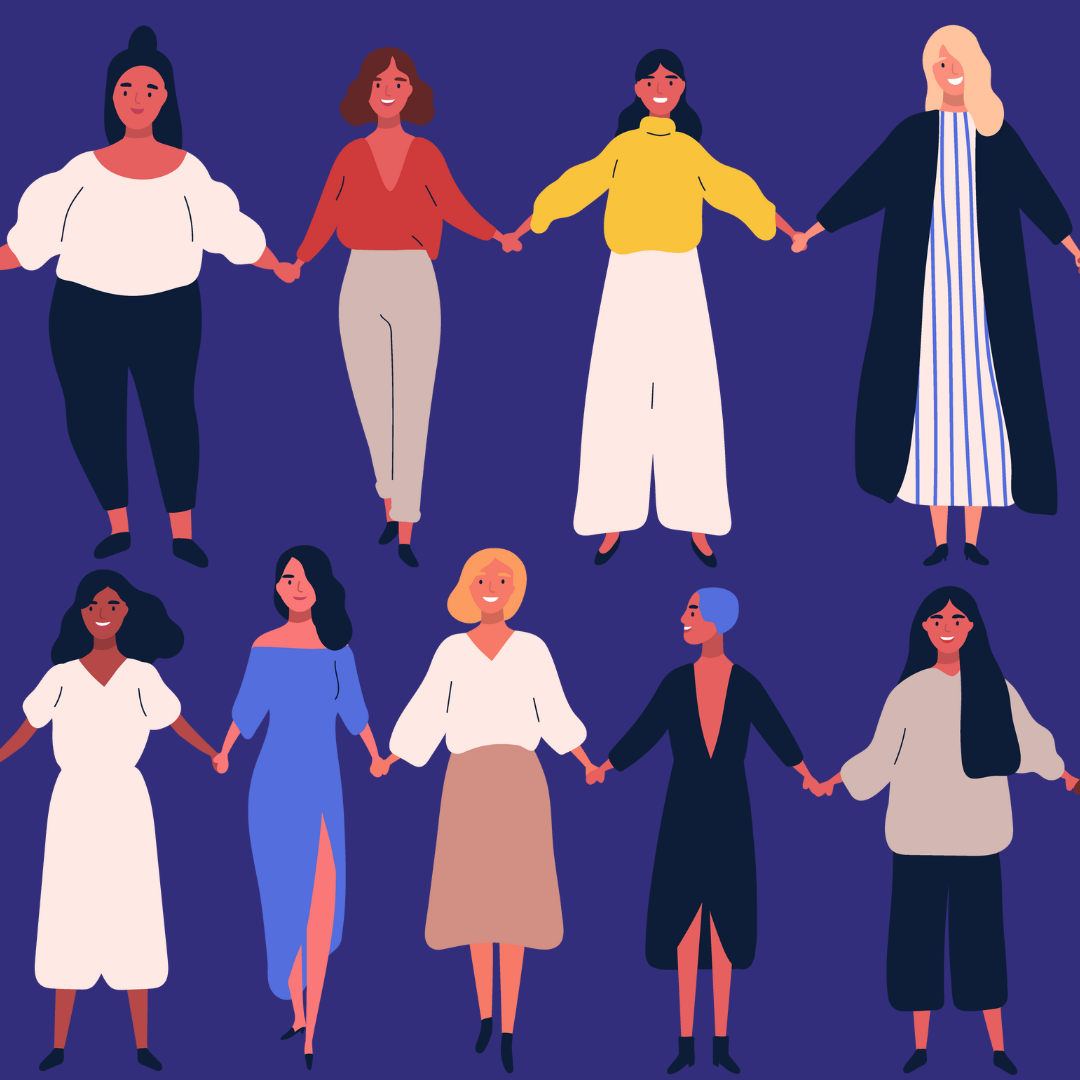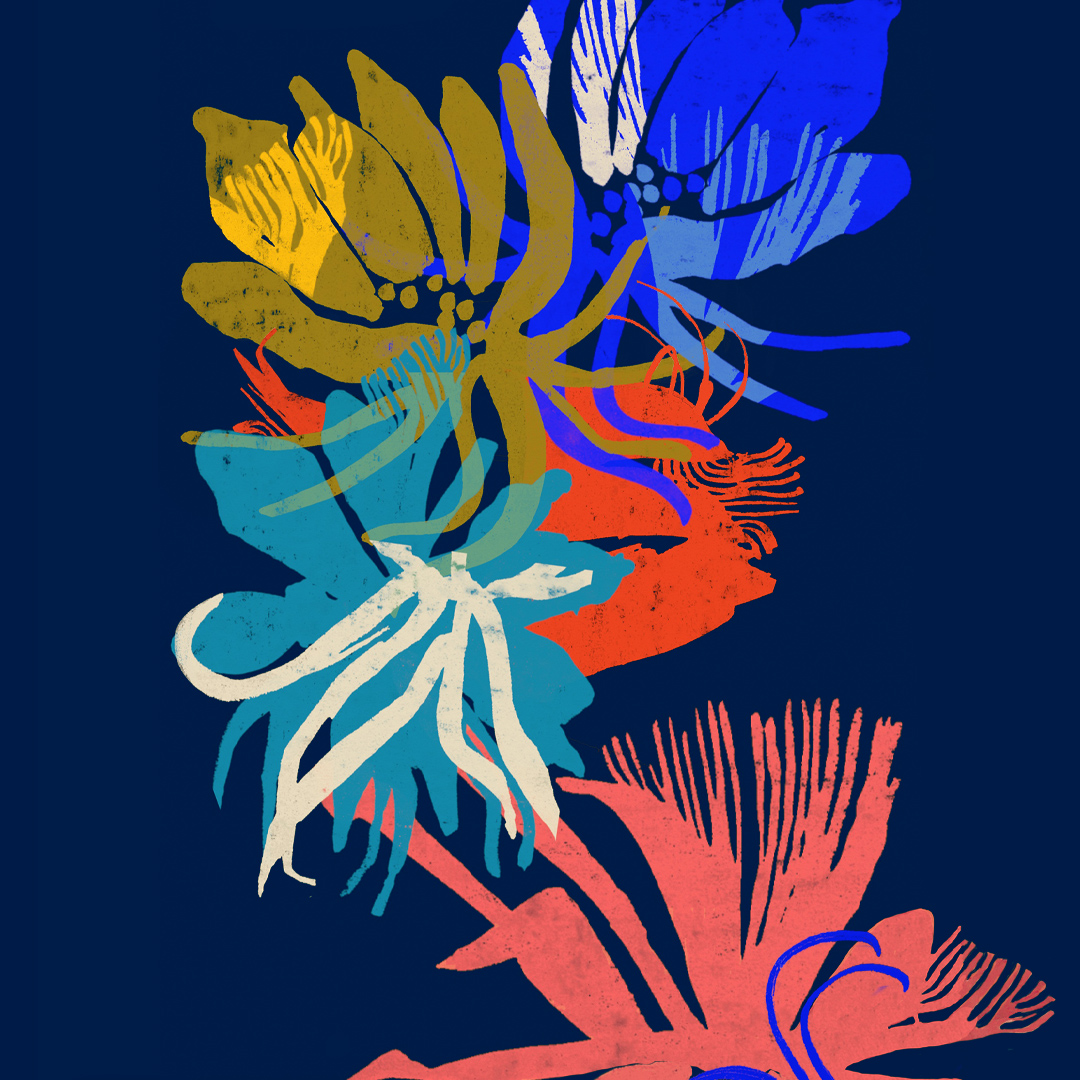A Gardenia and a Sandwich: An Essay by Polly Samson
Polly Samson’s novel is A Theater for Dreamers, a spellbinding tour-de-force about the beauty between naïveté and cruelty, chaos and utopia, artist and muse.
…
There’s a fresh gardenia in a small stone jar on my worktable. It sweetens the whole room. They are tricky plants, gardenias—hard to please and reluctant to bloom—and cutting this single flower, moon-white and waxy, and then stealing it away upstairs felt a tad selfish.
The plant has been there on the kitchen windowsill for us all to enjoy, shedding yellow leaves and limp, half-formed buds this entire lockdown year. Google what’s up with it and you’ll find a dizzying list of complaints: too wet, too dry, too cold, too much feeding, too little spritzing, not hard-enough praying, etc. etc. I have been longing for it to bloom.
The motif of the fresh gardenia and its partner, the sandwich, runs through my novel. The image was planted there by the Canadian singer-songwriter Leonard Cohen, when he spoke of his beloved Marianne and how she catered to his needs and created domestic harmony: “There would be a gardenia on my desk perfuming the whole room. And there would be a little sandwich at noon. Sweetness, sweetness everywhere.” She’s the Marianne he immortalized in his haunting song “So Long, Marianne.” The fabled muse. What writer wouldn’t wish for such service and care?
In a fever of creativity he wrote two novels, several collections of poetry, and his first songs while they were lovers. They lived in a whitewashed house on the Greek island of Hydra, where there was no electricity and everyone was young and beautiful by candlelight. They met there in 1960, when the island was home to a thriving international community of bickering, bed-hopping, boozing bohemians, and they meet again as characters in my novel, which is based around known events.
The king and queen of the community were the married writers Charmian Clift and George Johnston. They were sociable and their marriage was dramatic. They had bought a house on Hydra in the fifties and managed to scrape by for a decade writing novels. Leonard Cohen later described them as an inspiration, and also noted that “they drank more than other people, they wrote more, they got sick more, they got well more, they cursed more, they blessed more, and they helped a great deal more.”
There’s a photograph of Charmian Clift taped to my wall with a Post-it that reads: “You know, Leonard, I was never in love with you.” Leonard replies: “No, me neither.” She’s soulfully beautiful beneath her straw brim, cigarette and glass in hand, an old shirt with a buttonhole sprig of jasmine, gazing away from the port, preoccupied. The blur of houses rise behind her like the steps of an ancient amphitheater.
I looked at the photo often when I was writing Charmian as a character. It’s from a lucky cache of over fifteen hundred images by the photojournalist James Burke, all taken on Hydra in 1960 for a Life magazine assignment about the artistic community. You can’t look at them without wishing yourself there: to meet these people and know their stories, to feel that sun on your back.
Some of James Burke’s photographs are on the internet because Leonard Cohen is in them. In some he’s pictured in a group with Marianne riding donkeys to the monastery, in others he’s with Charmian and her family swimming at the rocks, or in the Taverna Douskos with his guitar. He sits with his back to the white-painted trunk of a tree, Charmian beside him. Her head is on his shoulder while he plays to an enchanting and enchanted circle of young people.
Before the photographs there had been Hydra itself, an island for dreamers, ten miles long and mountainous, with neither roads nor airport but the clearest water for swimming and streets that smell of white flowers. I visited for the first time in 2014 and stumbled upon Charmian Clift’s long-out-of-print memoir of her life there, Peel Me a Lotus. She is an extraordinarily captivating writer, perceptive and acidly witty, her voice so intimate I had to know more. And the more I read by and about Charmian Clift and the community, the more certain I became that I would write about her. I often collaborate with my husband writing songs, so I was drawn to her and George Johnston as a writing couple with a family.
Spending time on Hydra was no hardship, and through a serendipitous friendship I even stayed in and wrote part of A Theater for Dreamers in the house that had been Charmian and George’s. Leonard Cohen had also lodged there, when he first arrived on the island to write his novel. For a while I was hamstrung at the thought of having him in mine, in the way that only a true fan could be.
I made progress at first by identifying everyone in the photographs. As so many were writers—and writers tend to write—the research became labyrinthine. There were biographies and a wealth of published as well as unpublished novels, diaries, and letters. Charmian Clift and George Johnston published fourteen books during their decade in Greece.
There was plenty to read, but a couple of years went by and I still hadn’t found the voice to tell their story. Then Marianne died and the letter Leonard wrote her went viral.
Dearest Marianne, I’m just a little behind you, close enough to take your hand. This old body has given up, just as yours has too, and the eviction notice is on its way any day now.
I’ve never forgotten your love and your beauty. But you know that. I don’t have to say any more. Safe travels old friend. See you down the road. Love and gratitude, Leonard.
In November 2016 I returned to Hydra. As I took a coffee at the port, watching the mules being led away with their cargos, the news of Leonard Cohen’s death and the American presidential election results hit me at the same time. “At least Leonard’s been spared this,” said a voice in my head. This was the first time that Erica, my narrator, made herself known. She was giddy with fear and foreboding that a world she had fought to change would be spinning backwards.
Erica Hart comes of age in 1960. She isn’t much older than friends of mine, women who are not so very much older than me, and yet who were not able to get a mortgage or a loan or rent a flat without the guarantor signature of a husband or a father. She, like my friends, came of age without access to reliable contraception or legal abortion.
The final gardenia and sandwich in the novel are the ones Erica places on a desk of her own. I think many women still find it hard to recognize and cater to their own needs, but maybe it’s the best thing of all, to be one’s own muse.
Across the pond there are glimmers of hope as a new presidential term begins, and here too it is time for something new. The gardenia is on my desk, and downstairs in the kitchen the bread is new and the butter soft.
…
Read more about A Theater for Dreamers.






